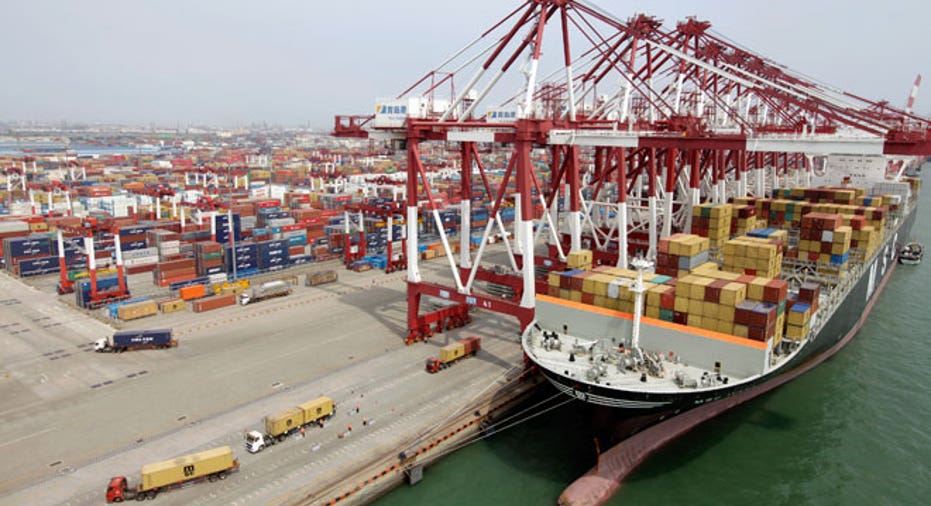Deal Reached to Avert East Coast Port Strike

A major roadblock in the negotiations between the International Longshoremen's Association and port employers has been overcome, averting a crippling strike that threatened to shut down 15 ports along the East and Gulf Coasts starting on Saturday.
The container royalty payment, or the amount of money port workers receive based on the size of the containers coming into port, was the largest point of contention between the port workers' union and the Maritime Alliance that represents port operators.
The two reached an agreement regarding the royalty payment on Friday, a day before an existing contract was set to expire and port workers in major U.S. ports, including The New York-New Jersey port, the second largest in the U.S., threatened to walk off the job.
The two also agreed to extend the existing contract through Jan. 28, 2013 in an effort to tie up the remaining loose ends in the negotiations.
George Cohen, director of the Federal Mediation and Conciliation Service, which had been serving as mediator throughout the talks, said he was extremely pleased with the agreement, though he gave no further details as the negotiations remain ongoing.
The National Retail Federation, which oversees hundreds on U.S. retailers and led a coalition of trade groups calling for an end to the negotiations, said it cautiously welcomed the news.
“We continue to urge both parties to remain at the negotiating table until a long-term contract agreement is finalized,” NRF CEO Matthew Shay said.
While the contract extension – and not an agreement regarding a brand new contract – does not completely stymie uncertainty among retailers, it is nevertheless a better result than had the massive strike ensued and port activity slowed to a halt, he said.
The last time a strike of similar size occurred in the East and Gulf Coast, the U.S. economy lost some $1.0 billion a day, according to reports. There has not been a strike in those ports in 35 years.
“Throughout the process, NRF has stressed the vital economic importance of keeping the ports open to international trade and commerce,” Shay said. “Our ports and the cargo and containers that flow through them are truly our economic lifelines to the world.”
The shipping industry has been hit hard this year, first by Hurricane Sandy and then by an eight-day strike among the Longshoremen in Los Angeles, and that has inevitably tricked down to the multibillion-dollar retail industry.



















